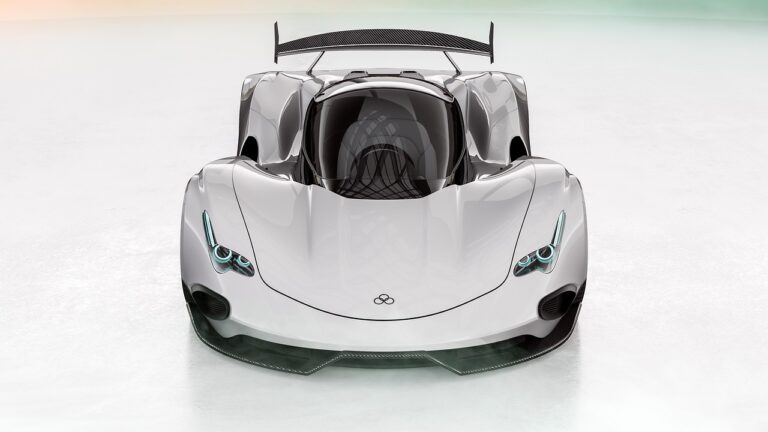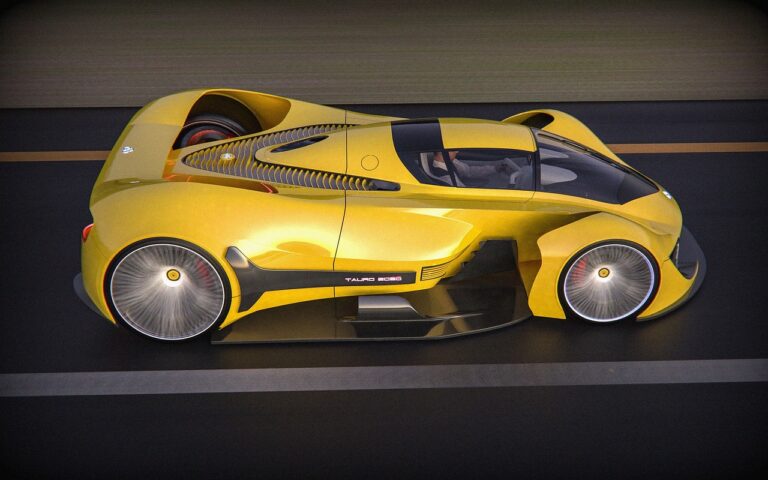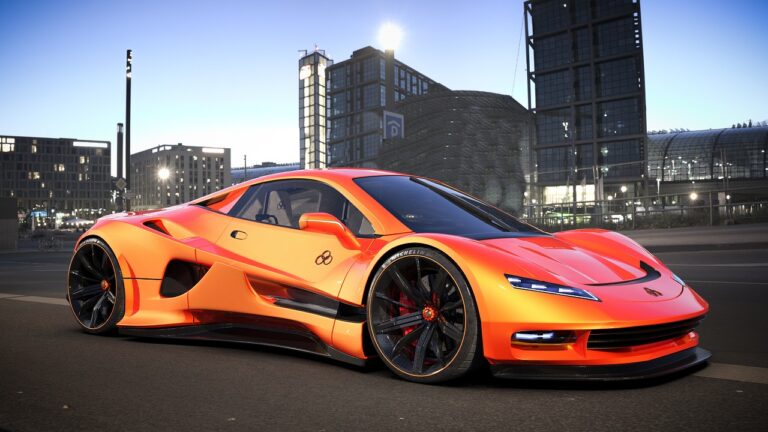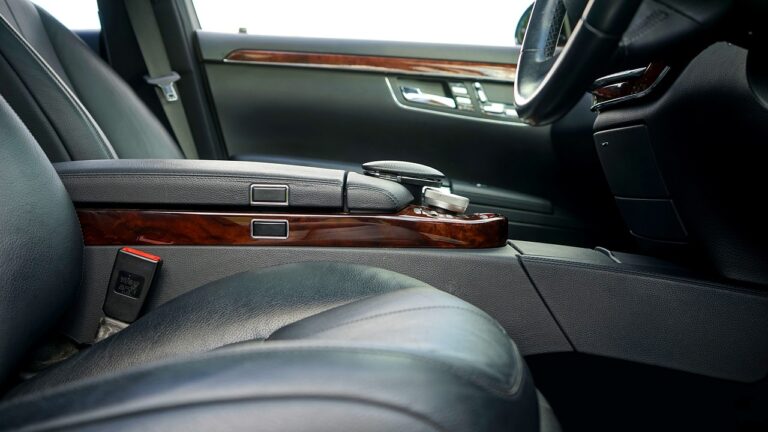Addressing Challenges in Automotive Air Conditioning Design for Autonomous Marine Vessels
goldbet.com login, tigerexch247, betbook247 id:When it comes to designing automotive air conditioning systems for autonomous marine vessels, there are a variety of challenges that engineers and designers must address. These challenges can range from ensuring proper cooling capacity to dealing with the unique environment of being on the water. In this article, we will delve into some of the key challenges faced in the design of air conditioning systems for autonomous marine vessels and how engineers are working to overcome them.
Understanding the Unique Environment of Marine Vessels
One of the primary challenges in designing air conditioning systems for autonomous marine vessels is understanding and accounting for the unique environment in which these vessels operate. Unlike traditional automobiles or even aircraft, marine vessels are constantly exposed to water, salt, and other corrosive elements. This can pose a significant challenge when it comes to designing air conditioning systems that can withstand these harsh conditions and operate effectively over the long term.
Another key consideration when designing air conditioning systems for marine vessels is the fact that these vessels are constantly moving and subject to changing weather conditions. This means that designers must take into account factors such as wind speed, humidity, and temperature fluctuations when designing air conditioning systems that can provide consistent and reliable cooling performance. Additionally, the need for compact and lightweight systems in order to maximize space and efficiency on board presents further challenges in the design process.
Balancing Cooling Capacity and Energy Efficiency
Another challenge in designing air conditioning systems for autonomous marine vessels is striking the right balance between cooling capacity and energy efficiency. While it is important to ensure that air conditioning systems are capable of providing sufficient cooling capacity to maintain a comfortable temperature on board, it is equally important to design systems that are energy-efficient in order to minimize fuel consumption and reduce operating costs.
One way that engineers are addressing this challenge is by incorporating advanced technologies such as variable speed compressors and digital controls into air conditioning systems. These technologies allow for more precise control over the cooling process, enabling systems to adjust their output based on changing environmental conditions and cooling demands. By optimizing the performance of air conditioning systems in this way, engineers are able to achieve a more efficient balance between cooling capacity and energy consumption.
Integrating Air Conditioning Systems with Autonomous Technology
As autonomous technology continues to advance and become more prevalent in the marine industry, another key challenge in designing air conditioning systems for autonomous marine vessels is integrating these systems with autonomous control systems. In order to ensure that air conditioning systems can operate reliably and effectively in conjunction with autonomous technology, designers must consider factors such as communication protocols, power requirements, and system redundancy.
One approach that engineers are taking to address this challenge is to develop air conditioning systems that are equipped with advanced sensors and monitoring capabilities. By incorporating sensors that can detect changes in environmental conditions and communicate with autonomous control systems, designers are able to create air conditioning systems that can adapt and respond to changing conditions in real-time. This integration of air conditioning systems with autonomous technology not only improves overall system functionality but also enhances the safety and efficiency of autonomous marine vessels.
Addressing the Need for Durability and Reliability
Durability and reliability are two of the most important considerations when it comes to designing air conditioning systems for autonomous marine vessels. Given the harsh operating conditions that marine vessels are subject to, it is essential that air conditioning systems are able to withstand these conditions and continue to operate effectively over the long term. This requires designers to use high-quality materials and components that are resistant to corrosion, rust, and other forms of degradation.
In addition to durability, reliability is also a critical factor in the design of air conditioning systems for autonomous marine vessels. A malfunctioning air conditioning system can not only compromise crew comfort and safety but also impact the overall performance and efficiency of the vessel. To ensure that air conditioning systems are reliable, designers must conduct rigorous testing and validation to identify and address any potential points of failure. By designing systems that are both durable and reliable, engineers can provide crew members with a comfortable and safe environment while also maximizing the operational efficiency of autonomous marine vessels.
The Future of Automotive Air Conditioning Design for Autonomous Marine Vessels
As the marine industry continues to embrace autonomous technology, the design of air conditioning systems for autonomous marine vessels will continue to evolve in response to new challenges and opportunities. Engineers and designers are working to develop innovative solutions that can provide reliable and efficient cooling performance while also integrating seamlessly with autonomous control systems. By leveraging advanced technologies, optimizing system performance, and prioritizing durability and reliability, designers are poised to meet the unique challenges of designing air conditioning systems for autonomous marine vessels and enable a new era of safe and efficient maritime transportation.
FAQs
Q: What are some of the key challenges in designing air conditioning systems for autonomous marine vessels?
A: Some of the key challenges include understanding the unique environment of marine vessels, balancing cooling capacity and energy efficiency, integrating air conditioning systems with autonomous technology, and ensuring durability and reliability.
Q: How are engineers addressing the challenge of balancing cooling capacity and energy efficiency in air conditioning systems for autonomous marine vessels?
A: Engineers are incorporating advanced technologies such as variable speed compressors and digital controls into air conditioning systems to optimize performance and achieve a more efficient balance between cooling capacity and energy consumption.
Q: Why is durability and reliability important in the design of air conditioning systems for autonomous marine vessels?
A: Durability and reliability are important factors because marine vessels are subject to harsh operating conditions, and malfunctioning air conditioning systems can compromise crew comfort and safety, as well as impact the overall efficiency of the vessel.







